Choosing the right Customer Relationship Management (CRM) system can be a daunting task for any business. With so many options available in the market, it’s important to pick the right CRM that suits the business needs and goals. A good CRM solution can enhance customer engagement, streamline daily operations and provide valuable analytics to make informed business decisions. In this blog post, we’ll take a closer look at the factors to consider when selecting a CRM system for your business and share some tips on how to make the right choice.
Whether you’re a startup, small or medium-sized enterprise, or a large corporation, this article will provide you with the necessary insights to pick the best CRM software for your organization.
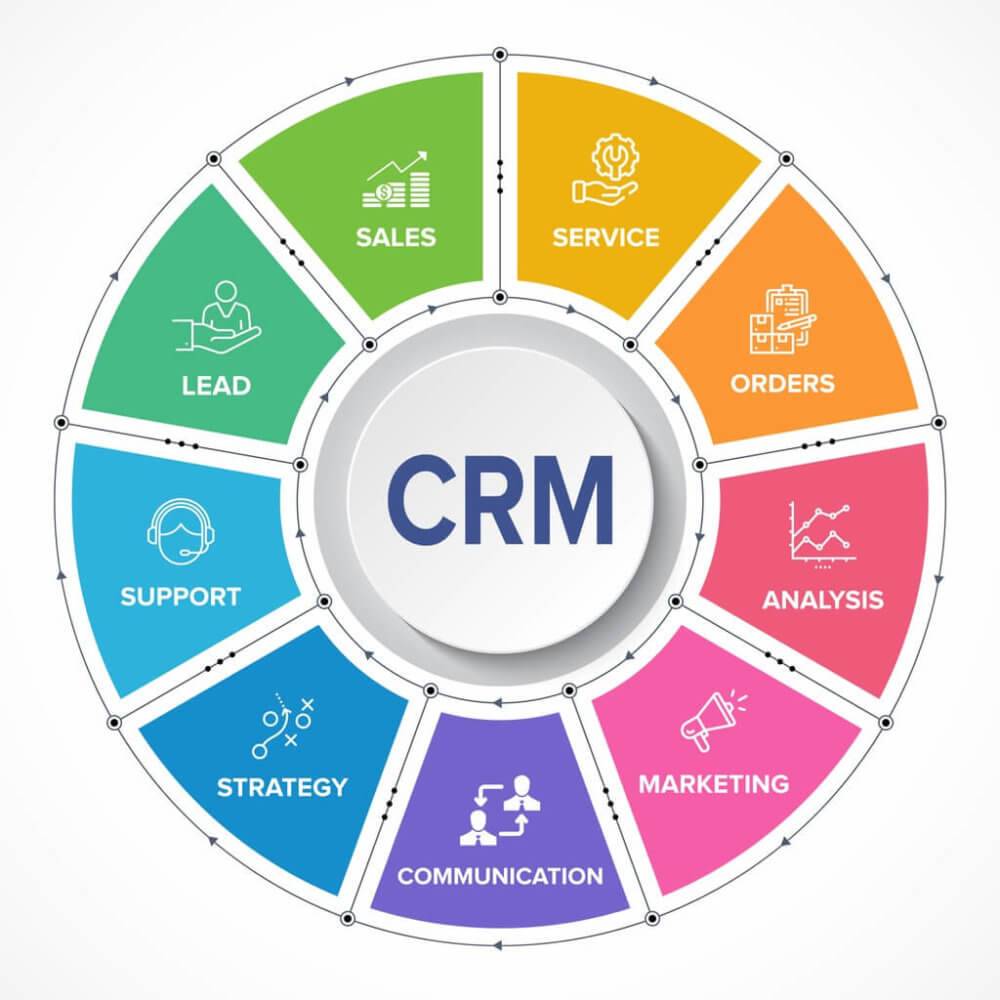
Introduction to CRM Software
The first step in choosing the right CRM for your business is to understand what CRM software is all about. Customer Relationship Management, or CRM, is a tool that allows businesses to manage and streamline all customer interactions throughout the entire sales cycle, from lead generation to customer retention. Understanding the benefits that CRM can bring to your business, such as improved customer satisfaction and increased sales, is crucial in selecting the right CRM solution.
In addition, evaluating key features of CRM software such as scalability, accessibility, and pricing helps to ensure that the chosen CRM solution aligns with the specific needs and goals of the business. By tracking customer interactions and obtaining feedback from customers, businesses can make informed decisions when selecting the right CRM software to help achieve their growth objectives.
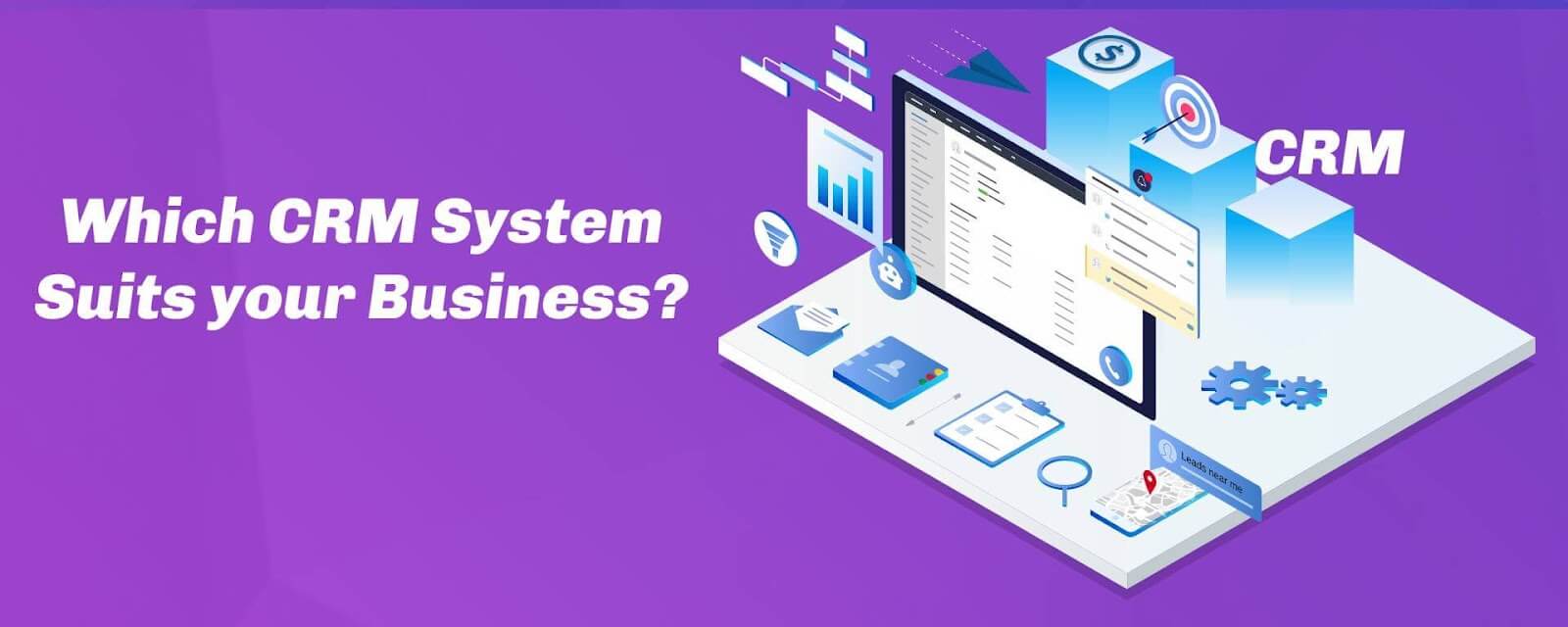
Benefits of CRM for Businesses
CRM software offers various benefits to businesses, including improved customer service and better knowledge of customers. It enables various departments in a business to share customer data remotely and in real-time, enhancing collaboration and teamwork. Additionally, businesses that use CRM software experience higher customer retention and revenue due to increased productivity and smarter reporting capabilities. Further, CRM software streamlines customer relationship efforts, making them efficient and effective, even for businesses working through a sales funnel that spans brand and product marketing awareness.
Putting a CRM system in place requires careful evaluation of products and technical requirements, and pricing considerations for small businesses. Businesses can track customer interactions with the CRM, giving them valuable insights into what customers need and want, which can inform the development of more efficient business processes. Choosing the right CRM for a business’s goals can unlock its potential for growth and success.
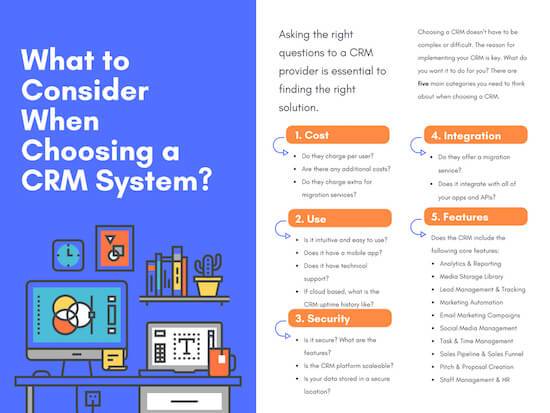
Key Features of CRM Software
One of the most important factors in choosing the right CRM software is understanding the key features and functionalities that your business requires. As mentioned earlier, CRM systems can be broken down into three main types: collaborative, analytical, and operational. Each of these categories has its own unique set of features that can help improve your customer support, workflows, and lead generation efforts. Some key features to look out for include contact management, workflow automation, lead generation, and customer support.
Additionally, assessing the scalability of a CRM system and its accessibility options, such as web-based, cloud-based, or on-premise, is also crucial. Pricing considerations for small businesses should also be taken into account before making a final decision. By evaluating these features and technical requirements, businesses can make an informed decision about the most suitable CRM product for their specific needs. Customer feedback and tracking interactions will further solidify the choice of a CRM system, ensuring that it contributes to the achievement of business goals.

Scalability of CRM Solutions
Scalability is an important consideration when choosing a CRM solution. As a business grows, its needs and requirements change, and the CRM platform should be able to accommodate these changes. Scalable CRM systems allow for expansion and are designed to handle large amounts of data, additional users, and more complex business processes. Small businesses need to consider the potential for their business to grow and select a CRM system that can grow with them. A scalable CRM solution ensures that the business can continue to effectively manage customer relationships and maximize the benefits of the CRM platform, even as the company evolves.
Additionally, scalability can also help reduce the need for costly system upgrades or complete platform overhauls. By selecting a scalable CRM system, businesses can establish a solid foundation for their customer relationship management needs and support their growing business objectives.
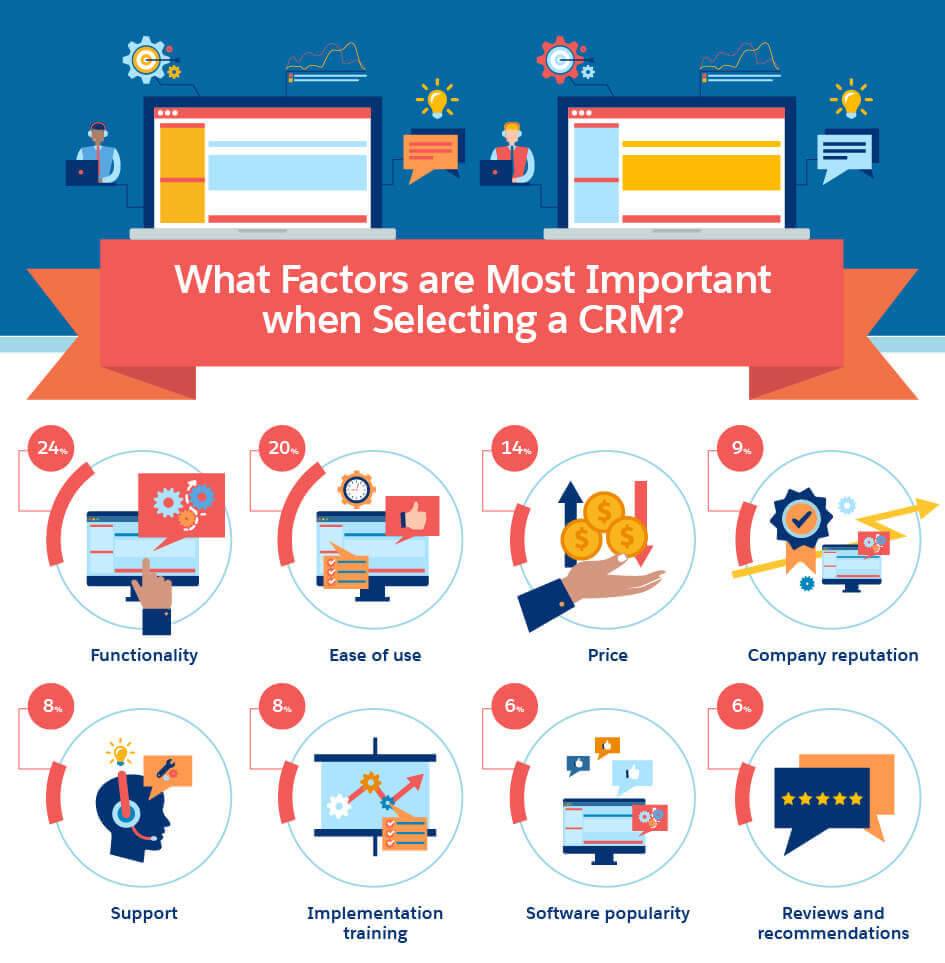
Accessing CRM from Various Devices
Accessing CRM software from various devices is a crucial consideration for modern businesses. As sales representatives and customer support teams work remotely, they require mobile and tablet access to CRM data in real-time. That’s why it’s vital to select a CRM solution that can be accessed from a variety of web-enabled devices. Collaborative CRMs ensure all teams have access to the same, up-to-date customer data, regardless of which department or channel they work in.
Moreover, adopting CRM tools can lessen the human burden as the software takes care of the load with automation at different levels. For businesses seeking transparency over their customer data, wants, needs, behaviors, and preferences, choosing the right CRM solution that ensures real-time mobile access is critical.

Pricing Considerations for Small Businesses
When it comes to selecting the right CRM software for a small business, pricing is a critical consideration. While there are many options on the market, not all CRM solutions are created equal. Small businesses need to be mindful of the cost of implementation and the ongoing maintenance of the CRM system. It’s important to factor in not just the initial price but also the long-term cost, including upgrades and additional feature costs.
Most importantly, businesses should take a close look at the features offered and identify which ones are truly necessary versus nice-to-have. By selecting a CRM solution that aligns with their budget and needs, small businesses can improve their customer management processes and foster greater growth.

Evaluating CRM Products and Technical Requirements
When evaluating CRM products for your business, technical requirements should not be overlooked. It is important to ensure that the CRM software is compatible with your current software and can integrate seamlessly into your business processes. In addition, scalability is a key factor to consider, as your business grows and its needs change. It is also important to consider access to the CRM from various devices, as well as pricing considerations for small businesses.
However, don’t forget to prioritize the needs of your customers, as their feedback should play a significant role in your CRM selection. By taking these factors into consideration, you can choose the right CRM for your business goals and streamline your customer relationship management process.
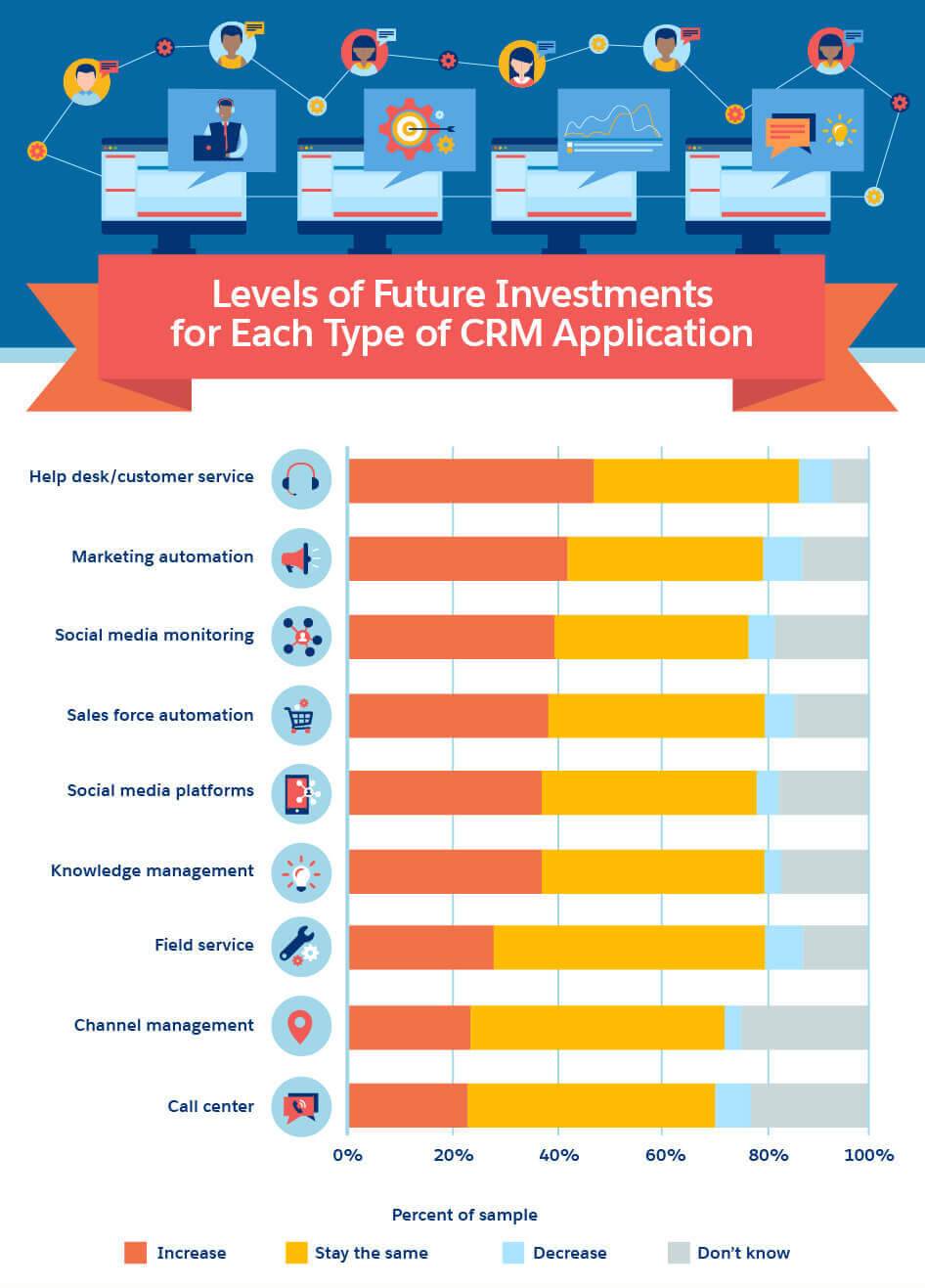
Importance of Customer Feedback in CRM Selection
When choosing a CRM system, it’s important to take into account feedback from your customers. Getting their input on what features they find useful can help you make an informed decision on which system to select. Customer feedback is a vital component in evaluating the effectiveness of your existing CRM strategy and making improvements where necessary.
Gathering feedback can be done through surveys or focus groups, and companies should also consider gathering feedback through social media channels. The insights gained from customer feedback can help you identify pain points in your customer relationship and find solutions to enhance their experience. Taking into account customer feedback provides a valuable perspective that can help you find a CRM solution that works best for your business and your customers.
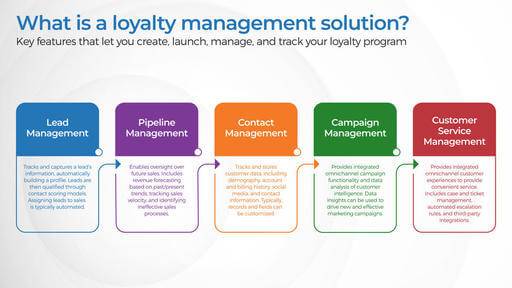
Tracking Customer Interactions with CRM
One of the most important aspects of CRM software is the ability to track and manage customer interactions. By logging every interaction a customer has with your business, you can gain valuable insight into their preferences and behaviors. This information can then be used to personalize your interactions with them and create a better customer experience. From phone calls and emails to social media and in-person meetings, a good CRM system should allow you to track all customer interactions in one place.
With this data, you can analyze trends and patterns, identify areas for improvement, and make data-driven decisions to boost customer satisfaction and loyalty. As you evaluate different CRM solutions for your business, be sure to consider the tracking and reporting capabilities of each product to ensure that it meets your needs.

Choosing the Right CRM for Your Business Goals
Once you have assessed your business goals and identified the key features and technical requirements that you need in a CRM solution, it’s time to choose the right one for your business. When evaluating CRM products, it’s important to consider how well they align with your business goals and address the specific challenges that you are facing. Look for a CRM that supports your customer experience and provides a user-friendly interface for your team.
Additionally, consider the level of support and services offered by the vendor and assess whether they have a strong partner network to provide ongoing support. Finally, don’t forget to solicit customer feedback and track customer interactions to ensure that you are meeting their needs and expectations. By choosing the right CRM for your business goals, you can increase efficiency, drive growth, and enhance the overall customer experience.
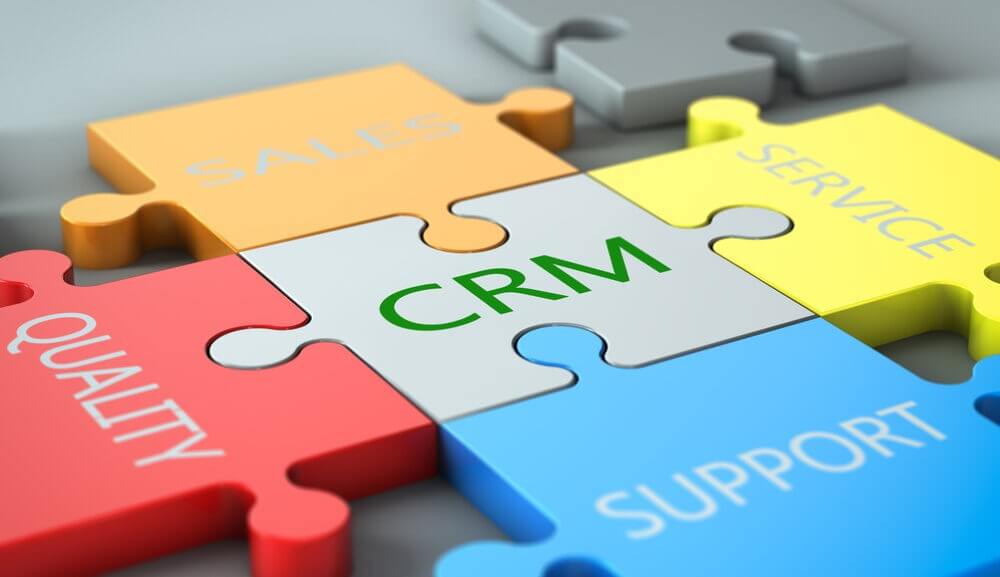
Conclusion
In conclusion, selecting the right CRM software for your business is a crucial decision that can greatly impact your ability to manage customer relationships and drive growth. Through this guide, we have explored the various benefits of CRM software, key features, scalability options, pricing considerations, and technical requirements.
Additionally, we have emphasized the importance of gathering customer feedback and tracking customer interactions to inform your selection process. By aligning the features and packages of the CRM software with your business goals and requirements, you can make the right choice for your organization.
Ultimately, investing in the right CRM system can streamline your sales and marketing goals, boost customer satisfaction levels, and drive overall success.



